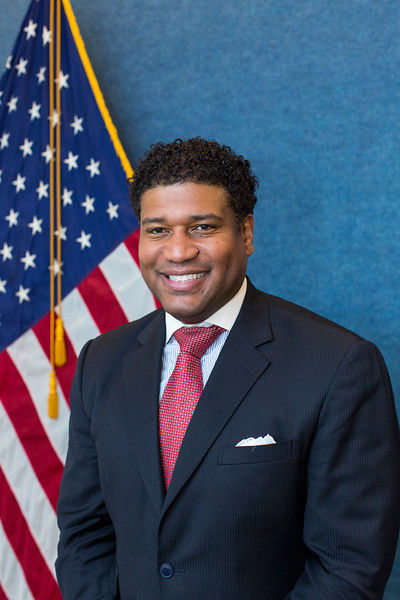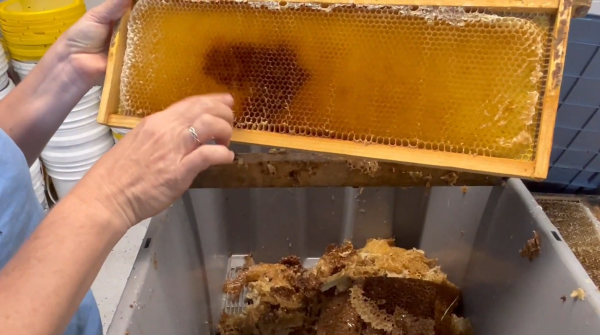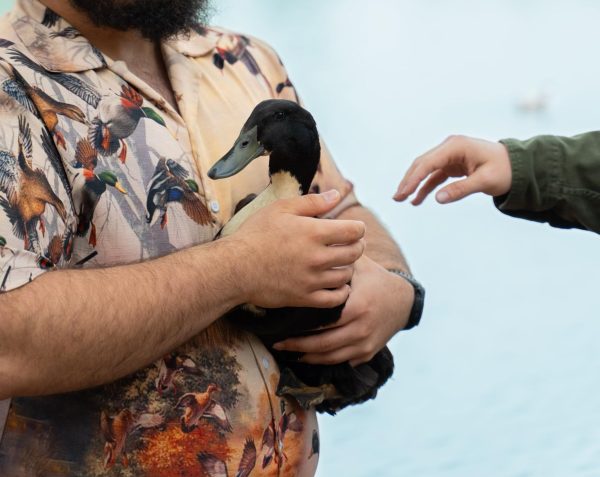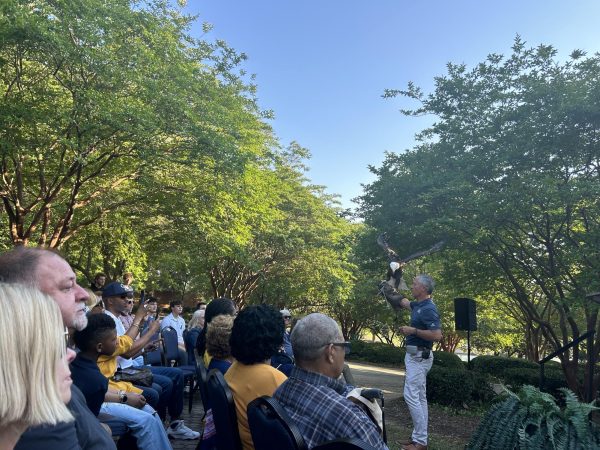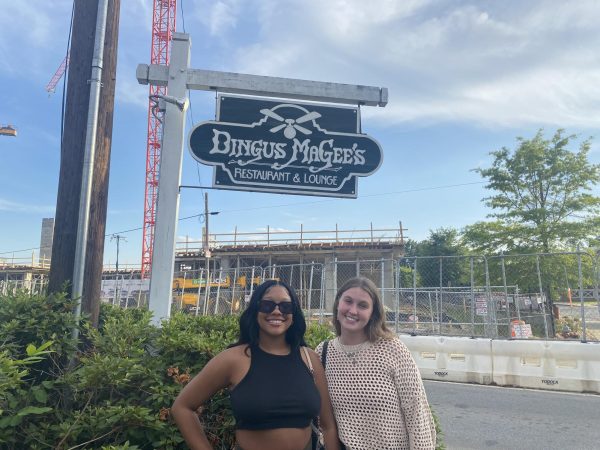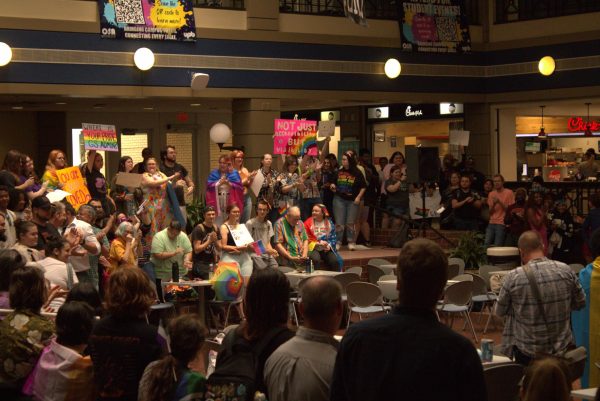Q&A with Damon Williams
March 8, 2019
Damon Williams, Ph.D., is a national expert on diversity and inclusion who has worked with Georgia Southern University throughout the 2018-2019 academic year by gathering student feedback regarding the campus climate.
Williams’ work will help the university develop a comprehensive plan to enhance diversity, equality and inclusion at GS.
Williams sat down with The George-Anne to discuss the work he and his team are doing on Georgia Southern’s campus.
What is your primary role as a diversity and inclusion educator?
“I am an organizational strategist, and I work on helping organizations to improve and to get better in different types of ways, and I do that using a range of different techniques, whether that’s strategy development, research evaluation and assessment, leadership development or educational experiences and products.
So, I don’t really define myself as a diversity and inclusion educator. That’s part of it, but the work we’re doing is far more than diversity and inclusion training or professional development. It’s really a broader set of areas that we’re focused into.”
Based on what you have seen so far, what are your thoughts on Georgia Southern University concerning diversity and inclusion?
“I think there’s a lot of opportunity to really make diversity and inclusion a real power and strength of the university. [Georgia Southern has] such a strong diversity in the student body, I think is a point of strength that makes [it] very unique.
It’s served as a positive asset for the entire university environment, so everybody’s learning from one another, and individuals are building relationships across diverse communities, and students are having experiences where they’re developing friendships, they’re developing relationships in the classroom, they’re working in student organizations across differences of race, across differences of sexual orientation, across differences of opinions and values and perspectives, across differences of being from different parts of the country or different parts of Georgia.
So, how do those diversities come together to ultimately make one another stronger and better as leaders?I think that Georgia Southern has so much great potential in that regard, and I think the opportunity there is to figure out: how does that come together to become a real strength for the university and inside the classroom and outside the classroom?”
What are some of the schools and incidents you’ve worked with in the past?
“I work with lots of different places. I have visited hundreds of institutions. The places I visit isn’t necessarily because they’re dealing with a crisis, or they’re dealing with a challenge.
A lot of times, I’m there working proactively or giving a keynote or giving remarks or spending a day in residency with the institution. Most instances, it’s not necessarily in response to an incident.
It’s really in response to that institutions are trying to get better, and they believe that some of the work that we’re doing can be helpful in that regard.”
The George-Anne recently reported on the “triggerish” incident and the incidents involving two Georgia Southern professors allegedly saying the N-word. Have you seen any similar incidents on others college campuses you’ve worked with? If so, how did the school address it?
“Every situation is different because you’re dealing with freedom of speech, you’re dealing with academic freedom and you’re dealing with the need to create an inclusive, loving environment.
Further complicating it is, was it recorded? Was it videoed? Was it transmitted live? Is it archived in social media? So, there [are] a lot of different dynamics that happen with every scenario, so I think it’s important for each and every scenario to be treated individually. One of the things that I’m asked a lot is, ‘what is the difference between hate speech and protected speech?’
A lot of people don’t know when “hate” speech exists, when it doesn’t exist. Using the N-word in class isn’t necessarily “hate” speech, but using the N-word in class is speech that causes a lot of harm to certain communities that are in that classroom.
So, I think it’s important for faculty to exercise their academic freedom, but I think it’s also important for faculty to understand the implications of words and language, and understanding how words and language can be very harmful to certain communities when those words and language are used.
It’s important for faculty to have empathy for our students, no matter who they are and their backgrounds, and when we’re engaging in difficult conversations in classrooms, and certain types of language are going to be used, I think it’s important to let students know that on the front end.
I think it’s important to have a conversation with students in the classroom about what they’re comfortable with and what they’re not comfortable with.
I think it’s fair to have a negotiation back and forth with students to really define collaboratively what the learning environment is going to entail, and I think that ultimately leads to the type of learning experience that everyone can tap into, and sometimes, when difficult language is necessary, it makes it a better proposition.
Finally, I think that there are times when certain language probably isn’t even necessary to be used to have the conversation that needs to be had. I think the faculty needs to be very thoughtful and understanding of that as well.”
What do you hope to accomplish during your time here at Georgia Southern?
“We’ve been working with the university now for several weeks, and we’re really trying to support President Nickel, and the Provost Reiber and Vice President Lewis, as they’ve been stewarding the university, with others, around getting the university started on the diversity and inclusion journey, and as a strategic priority, and our job is to help them really launch that work, and I think we’ve done that.
We’ve had a chance to be on campus and to speak in front of a number of different audiences. We’ve had a chance to engage in survey work, to gather some insights about the diversity and inclusion at Georgia Southern.
Our job is to help support the university’s leadership, and they’re really wanting to strengthen the university’s diversity commitment and the work that’s going on, and I think what’s particularly important is the timing of how this is happening, because there’s a new president that will soon arrive on campus, and he has been very interested in this work and very supportive of this work, and he’s looking forward to playing a key role with the Provost and the VP of student affairs and others to help us toward the future.”
Rachel Adams, The George-Anne Enterprise Reporter, gaeditor@georgiasouthern.edu.


